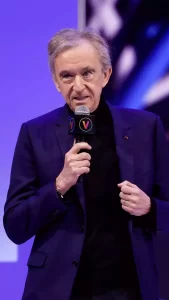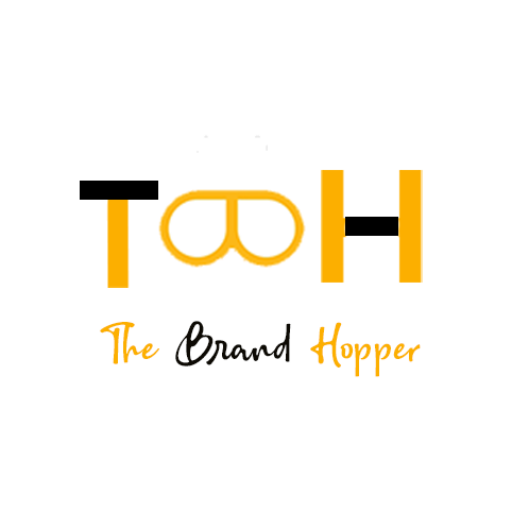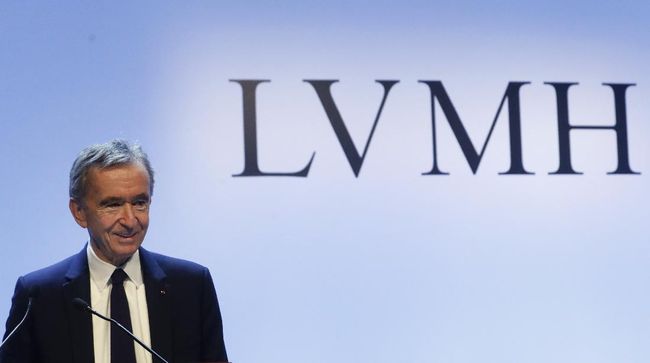Bernard Jean Étienne Arnault, born on March 5, 1949, is a prominent French entrepreneur, investor, and art enthusiast. He holds the positions of founder, chairman, and CEO at LVMH Moët Hennessy Louis Vuitton, the largest luxury goods conglomerate globally. As of July 2023, Forbes estimates that Arnault and his family possess a remarkable net worth of approximately US$230 billion, solidifying his status as one of the wealthiest individuals globally.

Early Life of Bernard
Born on March 5, 1949, in Roubaix, France, Bernard Jean Étienne Arnault’s journey to becoming one of the world’s wealthiest individuals is nothing short of remarkable. He hails from a family with a diverse background—his mother, Marie-Josèphe Savinel, was a pianist with a fascination for Dior, while his father, Jean Léon Arnault, was a graduate of École Centrale Paris and owned the civil engineering company Ferret-Savinel. Raised in a strict Catholic-Auvergne environment, Arnault received a classical education and piano lessons as a child.
Career Beginnings
Arnault’s educational journey led him to the Lycée Maxence Van Der Meersch in Roubaix and the Lycée Faidherbe in Lille. After graduating from France’s prestigious École Polytechnique in 1971, he joined his father’s company, Ferret-Savinel, and soon convinced his father to shift the company’s focus to real estate. The company underwent a transformation, changing its name to Ferinel after selling its industrial construction division and eventually becoming the George V Group. Later, the real estate branch was sold to Compagnie Générale des Eaux (CGE), which would eventually become Nexity.
Professional Start (1971-1987)
Arnault’s professional journey began at Ferret-Savinel, where he eventually became the president. In 1984, he learned about the opportunity to take over the Boussac Saint-Frères empire, a textile and retail conglomerate that owned Christian Dior. With the assistance of Antoine Bernheim from Lazard Frères, Arnault acquired Financière Agache, a luxury goods company, and became its CEO. He then engaged in a successful bidding war for Boussac Saint-Frères, effectively gaining control of the conglomerate. This acquisition included assets such as the department store Le Bon Marché, retail shop Conforama, and nappy manufacturer Peaudouce.
Arnault’s approach involved significant layoffs, earning him the nickname “The Terminator.” He streamlined the company by selling off most of its assets, retaining only the Christian Dior brand and Le Bon Marché department store. By 1987, the company was profitable again, reporting earnings of $112 million on a revenue of $1.9 billion.
Co-founding and Acquisition of LVMH (1987-1989)
In 1987, Arnault joined forces with Alain Chevalier, CEO of Moët Hennessy, and Henry Racamier, president of Louis Vuitton, to create LVMH (Moët Hennessy Louis Vuitton). This partnership aimed to consolidate various luxury brands under one conglomerate.
Arnault’s strategic moves included a substantial investment to form a holding company with Guinness in July 1988, which held 24% of LVMH’s shares. To counter rumors of a takeover by the Louis Vuitton group, Arnault purchased an additional 13.5% of LVMH, becoming its largest shareholder. However, internal disputes arose due to differing strategic visions between Arnault and Henry Racamier. Arnault’s pursuit of a “blocking minority” led him to acquire a total of 43.5% of LVMH’s shares and 35% of its voting rights by January 1989, effectively thwarting attempts to dismantle the LVMH group. He assumed the position of chairman of the executive management board on January 13, 1989.
LVMH’s Initial Expansion and Growth (1989-2001)
As the leader of LVMH, Arnault embarked on an ambitious expansion plan that transformed the company into one of the world’s largest luxury groups. During this period, annual sales and profits increased significantly, with the market value of LVMH soaring. Arnault’s strategy included acquisitions such as Céline in 1988, Berluti and Kenzo in 1993, Guerlain in 1994, and Loewe in 1996. He also added Marc Jacobs and Sephora in 1997 and continued integrating brands like Thomas Pink, Emilio Pucci, Fendi, DKNY, and La Samaritaine in 2001.
In 1999, Arnault turned his attention to the United States, establishing a center in New York to manage LVMH’s presence. The iconic LVMH Tower, designed by architect Christian de Portzamparc, opened its doors in December 1999.
Challenges and Success (2001-Present)
Arnault faced challenges during his tenure, including a legal battle with Gucci in 2001. However, under his leadership, LVMH continued to thrive, expanding its portfolio and strengthening its luxury brand holdings. Arnault’s strategic decisions have decentralized the group’s brands while maintaining their independence.
Art Collection
Arnault’s passion for art is evident in his extensive collection, featuring works by renowned artists such as Picasso, Yves Klein, Henry Moore, and Andy Warhol. He has also played a pivotal role in establishing LVMH as a patron of the arts in France, supporting emerging talent through initiatives like the LVMH Young Fashion Designer competition.
Personal Life
Arnault is a family man, with four sons and one daughter. His children are actively involved in brands under Arnault’s control. Alexandre is the EVP of Tiffany & Co., Frédéric is the CEO of TAG Heuer, and Jean is the Director of Watchmaking Marketing and Development at Louis Vuitton. Delphine, Arnault’s daughter, assumed the role of Chief Executive Officer at Dior in February 2023.
Wealth and Achievements
Arnault’s journey to wealth and success has been marked by fluctuations in his net worth. He briefly held the title of the world’s richest person in 2019 and 2020. His wealth reached new heights in 2021, making him the world’s richest individual with a net worth of $198.4 billion, primarily attributed to LVMH’s success in Asian markets. In April 2023, Forbes estimated Arnault’s peak net worth at approximately $240.7 billion, solidifying his position as one of the world’s wealthiest individuals.
Under Bernard Arnault’s leadership, LVMH has become the largest eurozone company by market capitalization, with a market value of €313 billion ($382 billion) as of May 2021. His visionary approach to business and art has left an indelible mark on the world of luxury and fashion.
Bernard Arnault Today
- He is the richest man in the world. According to the Bloomberg Billionaires Index, Arnault has a net worth of $146 billion as of September 21, 2023.
- He is the chairman and CEO of LVMH Moët Hennessy Louis Vuitton. LVMH is the world’s largest luxury goods company, with over 75 brands under its umbrella, including Louis Vuitton, Dior, Givenchy, and Tiffany & Co.
- He is a controversial figure. Arnault has been criticized for his tax avoidance strategies and for his company’s environmental impact. However, he is also admired for his business acumen and his success in building LVMH into a global powerhouse.
Here are some of the most recent news stories about Arnault:
- Arnault’s daughter, Delphine, was appointed CEO of Dior in January 2023. This is the first time that a woman has been appointed CEO of Dior.
- LVMH reported record sales and profits in the first half of 2023. This is despite the global economic slowdown.
- Arnault has pledged €100 million to rebuild the Notre Dame Cathedral in Paris. The cathedral was severely damaged in a fire in 2019.
Arnault is a complex and fascinating figure. He is one of the richest and most successful businessmen in the world, but he is also a controversial figure. His story is one of rags to riches, and it is sure to continue to fascinate people for years to come.
Also Read: LVMH: Exploring the Marketing Strategy Of Luxury Empire
To read more content like this, subscribe to our newsletter
Go to the full page to view and submit the form.


